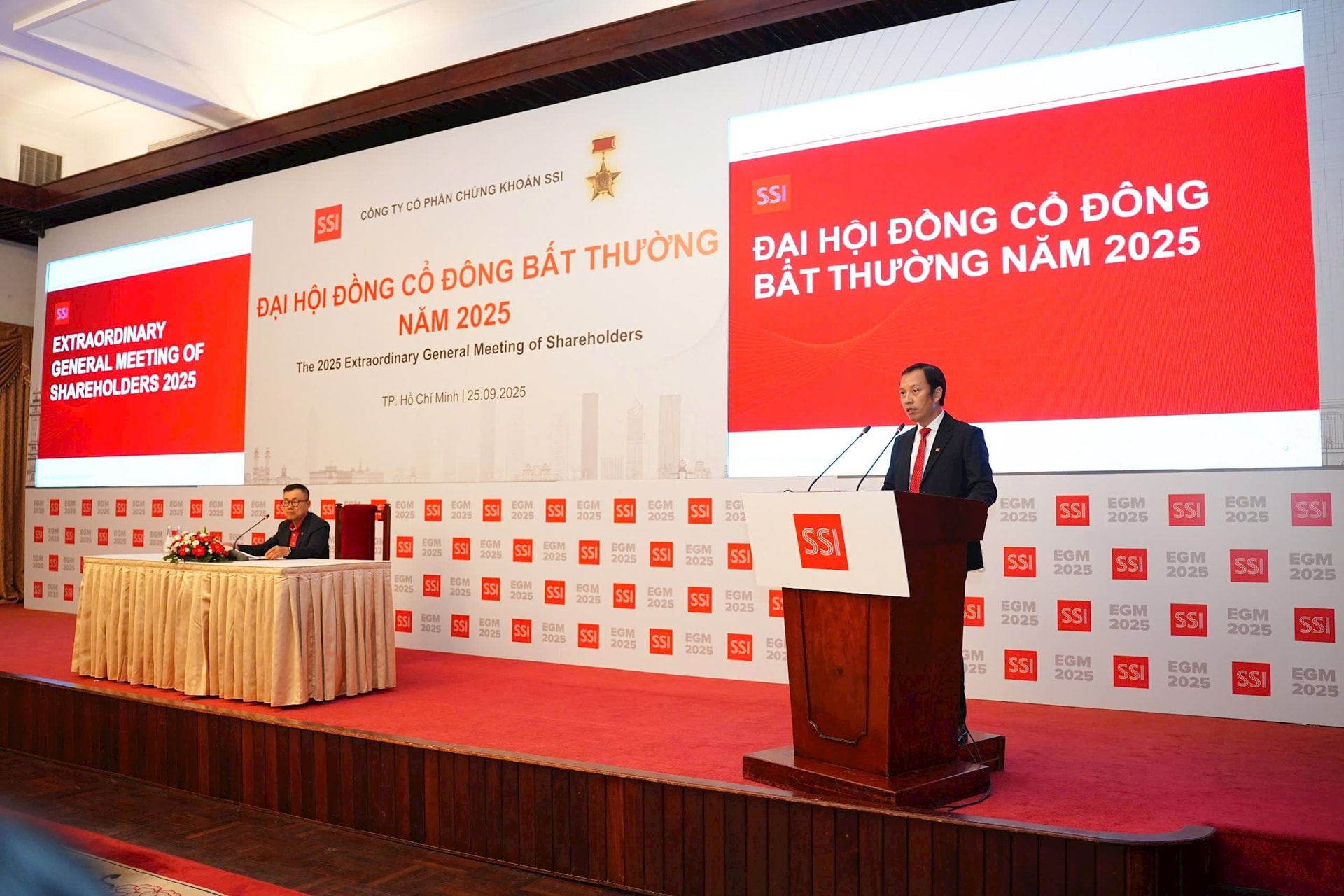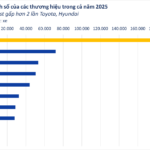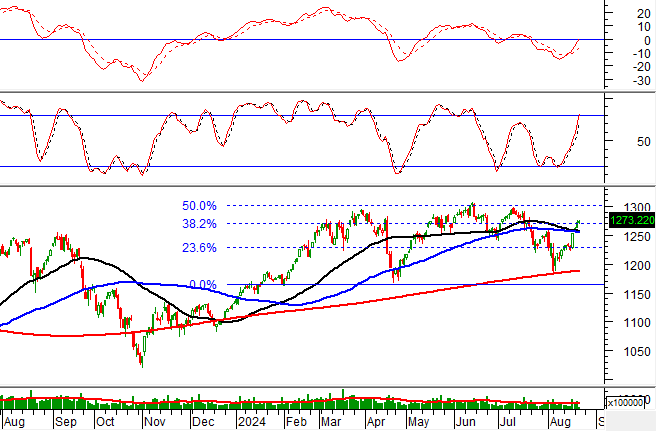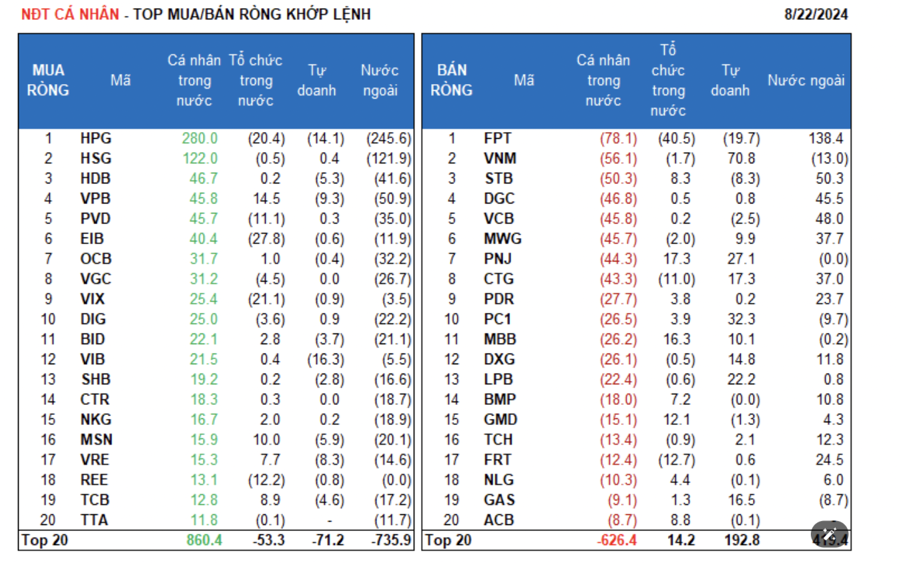The issuance of Resolution No. 05/2025/NQ-CP on September 9, 2025, by the Vietnamese Government, regarding the pilot implementation of the cryptocurrency market in Vietnam, marks a significant milestone. It lays the foundation for the cryptocurrency market to commence operations. On the same day, the Prime Minister signed Decision No. 1946/QĐ-TTg to enforce the Digital Technology Industry Law 71/2025/QH15, which was passed by the National Assembly in June 2025 and will take effect from January 1, 2026.
Under this framework, digital assets are, for the first time, regulated within a legal structure featuring licensing, oversight, and integration into the national financial system. Notably, the conditions for granting licenses to market organizers (trading platforms) are stringent, encompassing capital scale, structure, business performance, and foreign ownership ratios.
Several prominent names in the securities industry have swiftly seized this opportunity, signaling their ambition to transition from traditional assets to this new domain. Among them, SSI Securities stands out as a pioneer, establishing SSI Digital Technology Joint Stock Company (SSID) with an initial charter capital of 200 billion VND. Recently, SSID formalized partnerships with Tether, U2U Network, and Amazon Web Services (AWS) to develop blockchain infrastructure, cloud computing, and digital financial applications.
At SSI Securities’ extraordinary shareholders’ meeting, Mr. Nguyen Duy Hung, Chairman of SSI Securities Corporation, shared that his perspective on digital assets has significantly evolved compared to five years ago. He admitted that, five years prior, he believed Bitcoin’s value could plummet to zero.
Today, Chairman SSI emphasizes that digital assets are not merely cryptocurrencies. They represent technology, with blockchain being a decentralized system that eliminates the need for ledgers. Investors are accustomed to ledger-based financial transactions, but blockchain technology renders ledgers obsolete, as every participant becomes a ledger to monitor others.

Furthermore, Mr. Hung stresses the importance of understanding, engaging with, and catering to the interests of the younger generation. While today’s youth may show less interest in the stock market, they are deeply engaged with digital assets. In 5–10 years, this younger demographic will emerge as a new class of entrepreneurs, shaping the future market.
“As a leading financial institution, SSI must be a ‘first mover.’ Once we recognize and understand the potential, we must act,” Mr. Hung asserts.
Regarding the growth potential of digital assets, SSI has assembled a technologically adept team to drive initiatives, attracting investor interest. However, Mr. Hung notes that market development hinges on a supportive legal framework and viable business opportunities. SSI has meticulously prepared to establish and participate in the digital asset market.
On the types of assets in the digital market, Mr. Hung highlights the potential of Vietnamese builders and the younger generation. He believes that only when builders successfully sell their products on international platforms will capital flow back into Vietnam. Conversely, investing in global cryptocurrencies like Ethereum or Bitcoin results in capital outflows rather than inflows.
“The primary goal of the digital asset market should be enabling builders to sell their products internationally and repatriate earnings. Similar to the stock market, the core objective is for issuers to raise capital for business development. SSI may be among the initial ‘fire starters,’ paving the way for a robust market in the decades ahead,” Mr. Hung concludes.















